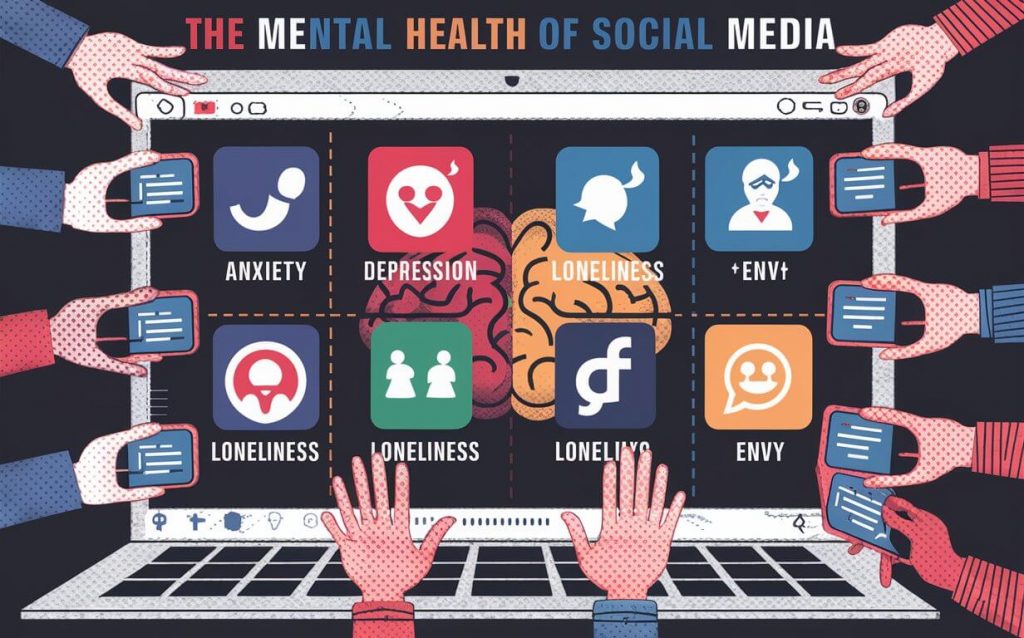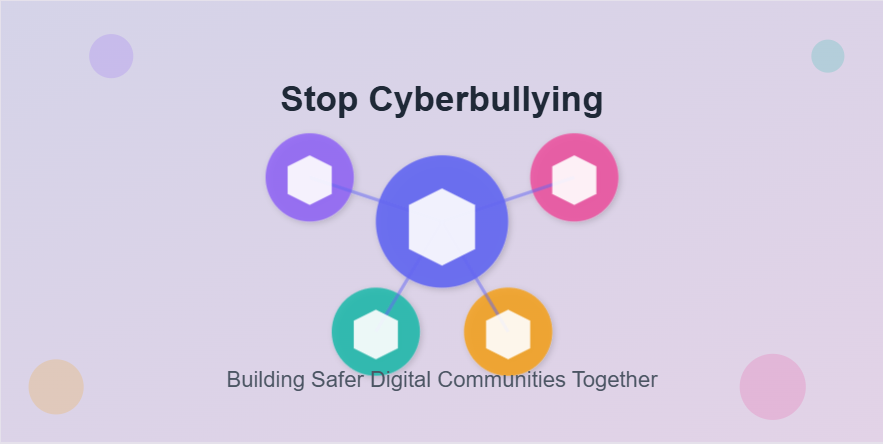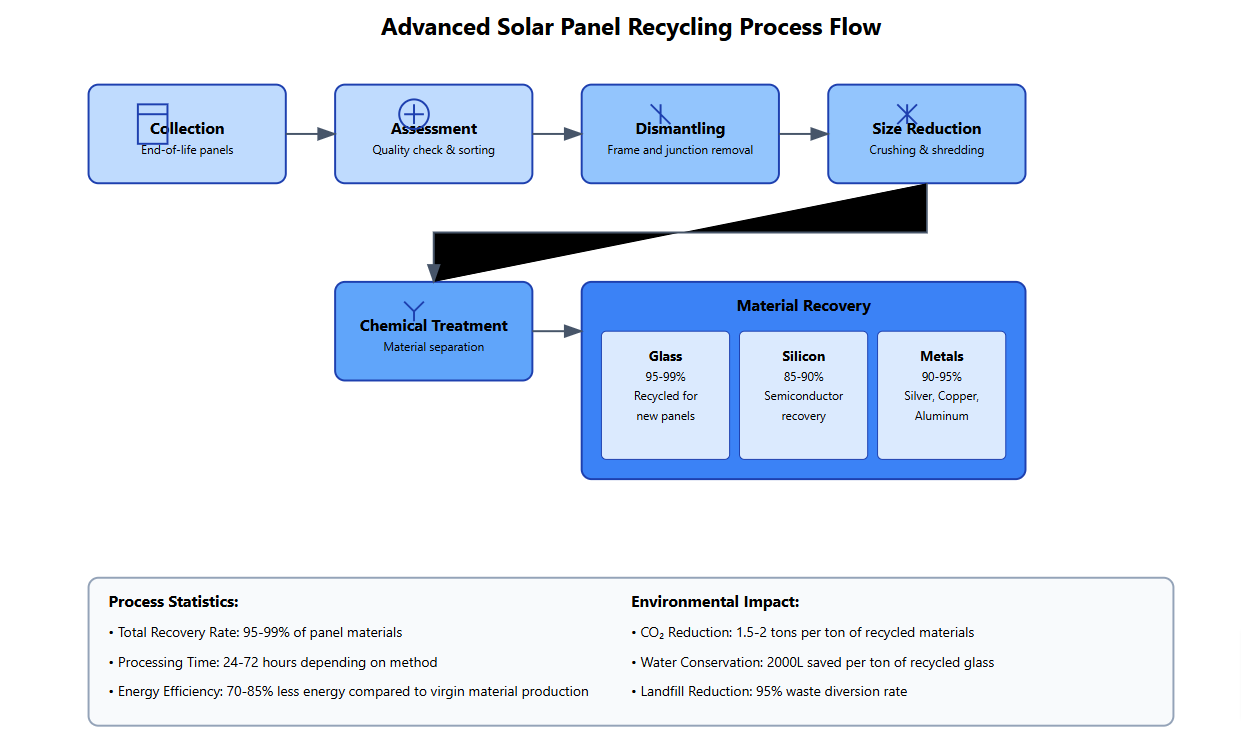Social media is a double-edged sword, empowering us to connect globally yet exploiting our attention with addictive strategies. While it fosters understanding across boundaries, its manipulative algorithms keep us hooked, enabling misinformation to thrive unchecked in this digital realm.
Understanding Social Media Addiction
Social media addiction often arises from psychological and physiological factors intertwined. When we receive a constant stream of notifications and updates, our brains release dopamine, a neurotransmitter linked to pleasure and reward.
This feeling becomes addictive as our neural pathways reinforce the association between social media and dopamine hits. We may not realize our habit’s severity until examining our daily usage.
Recognizing potential addiction is crucial for curbing unhealthy patterns through steps like disabling notifications or using time-management apps.
Social Comparison’s Toll on Self-Worth
Before diving into addiction, let’s explore how social comparison shapes our self-perception on social media. Browsing others’ highlight reels can foster feelings of inadequacy when we fail to meet perceived societal standards or personal goals.
This skewed perception often stems from evaluating ourselves based on others’ curated achievements without context. The resulting jealousy and self-doubt can reinforce our desire for constant validation through online interactions, perpetuating an unhealthy cycle.
FOMO, Stress, and Cyber-Addiction’s Vicious Circle
Have you ever felt an urge to constantly check your social accounts, fearing you might miss important updates? This “Fear Of Missing Out” (FOMO) can create anxiety and compulsive checking behaviors.
As we become more reliant on these apps, our stress levels rise when unable to access them, leading to withdrawal symptoms characteristic of cyber-addiction.
To break this cycle, identify your anxiety triggers, acknowledge FOMO as an illusion perpetuated by the digital world, and consider setting designated “phone-free” times to foster healthier habits.
Unconscious Pursuit of Unrealistic Perfection
While social comparison is natural, pursuing unrealistic standards of perfection based on others’ appearances can damage self-esteem. We strive for an idealized version of success or attractiveness without considering others’ personal struggles behind the scenes.
To overcome this, recognize when you’re setting impractical goals influenced by others’ surface-level portrayal. Replace negative thoughts with self-compassion, focusing on personal growth rather than competing against others’ perceived excellence.
Conformity’s Overwhelming Pressure
The need for social acceptance significantly influences our mental health as we compare ourselves to others, attempting to fit into certain molds. Failing to meet these expectations can breed feelings of inadequacy and self-doubt, leading us to question our identity.
This pursuit of conformity often stems from a place of insecurity, causing us to internalize others’ standards rather than embracing our unique selves. Recognizing this pattern is crucial for cultivating self-acceptance and redefining our priorities.
Liberating Through Re-Evaluation
Ask yourself: Has the endless pursuit of external validation truly brought lasting fulfillment, or merely fleeting boosts in self-worth? Reflect on the opportunities and personal growth lost by conforming to others’ expectations.
True freedom lies in internal acceptance, understanding your inherent worth beyond societal comparisons. By shifting your mindset, you can find liberation in redefining your values and priorities.
How Social Media Warps Our Perception of Reality
Social media algorithms curate our content feeds based on previous interactions, creating personalized environments that reinforce our existing beliefs and preferences. This selective exposure can distort our perception of reality as we become accustomed to an algorithmically tailored world view.
Unlike traditional media’s geographical curation, our online bubbles prioritize content aligning with our unique interests, insulating us from opposing perspectives.
Confirmation Bias’s Stranglehold
As we congregate with like-minded individuals online, we become more susceptible to confirmation bias – the tendency to embrace information that reinforces our preexisting views while dismissing contradictory evidence.
Social media algorithms exacerbate this by consistently serving content matched to our preferences, fostering an illusion that our perception alone is valid. Contrary opinions get drowned out, transforming online discussions into self-reinforcing echo chambers.
Reality’s Fragmented Lens
While personalized curation is convenient, it also fragments our view of reality through distinct filters that isolate us in confirmation bias bubbles. Algorithms determine our online experiences based on factors like search history and stated interests, only presenting information that aligns with our established worldview.
This selective exposure is amplified by our human desire for validation, as we perceive others’ success or popularity through a lens of self-doubt and envy. Recognizing these distortions is vital for maintaining an objective perspective.
Social Media’s Influence on Identity and Self-Concept
Our online personas often represent curated reflections of our ideal selves, shaped by unconscious comparisons with others who appear more successful, attractive, or fulfilled. Scrutinizing these idealized projections can reveal the complex web of self-conceptualization underpinning our identities.
Unchecked social comparison breeds feelings of inadequacy that may compel us to reevaluate our self-perceptions – an opportunity for deeper self-understanding if embraced mindfully.
Authenticity’s Struggle Amidst Validation-Seeking
The desire for external validation frequently drives people to present embellished or unauthentic versions of themselves online to gain attention, likes, or followers. However, sustaining these unrealistic self-portrayals becomes challenging when juxtaposed against others’ curated perfection.
Seeking worth through social approval rather than genuine connection breeds insecurity and hinders personal growth. Recognizing this tendency to seek external validation allows us to realign our priorities towards building meaningful relationships rooted in mutual understanding.
Internalizing External Influences
As we navigate social media’s landscape, its profound impact on self-perception is undeniable. We unconsciously adopt behaviors, traits, or false values observed online, distorting our sense of identity.
Comparing our realities against curated ideals sets unrealistic expectations, fueling insecurity and anxiety when we inevitably fall short of perfection’s illusion. Recognizing and detaching from these external influences is crucial for nurturing an authentic self-concept grounded in self-acceptance.
Setting Healthy Boundaries
To mitigate social media’s negative impacts, setting healthy boundaries is crucial. Limit your usage by establishing specific time limits and respecting them through diligent tracking.
Schedule regular digital detoxes by disabling notifications and taking intentional breaks to recharge. Prioritize nurturing real-life connections through quality time with loved ones, using technology as an enhancement rather than a replacement.
Last but not least, reframe your mindset – recognize that perfection is unattainable, and focus on learning from personal growth opportunities.
Finding Balance Through Alternative Habits
Becoming aware of your motivations behind excessive social media use can aid in curbing unhealthy habits. Once you identify the void you’re attempting to fill, explore alternative fulfilling activities like reading, exercising, journaling, or creative pursuits.
Monitor your online activities using time-management tools, and replace unproductive scrolling with enriching pastimes aligned with your values and goals.
Nurturing Authentic Self-Care
Social media’s doubled-edged nature necessitates learning from past struggles with self-care and fostering growth opportunities. Regularly journal your thoughts and emotions to maintain self-awareness.
Put consistent effort into sharing your authentic voice and nurturing meaningful connections, online or offline, without excessive self-focus. Remember, prioritizing your well-being enables you to fulfill other roles optimally.
Embrace imperfections as vital lessons, recognizing that personal nurturing and prioritizing needs cultivates long-term resilience.
Navigating Mental Health in a Digital Era
As you deepen your understanding of social media’s psychological impacts, you’ll develop strategies for maintaining well-being amidst its pervasive influence. Recognize that our digital selves represent just one facet of our multidimensional identities. By prioritizing self-care through boundary-setting and balance, we can cultivate healthier relationships with technology










